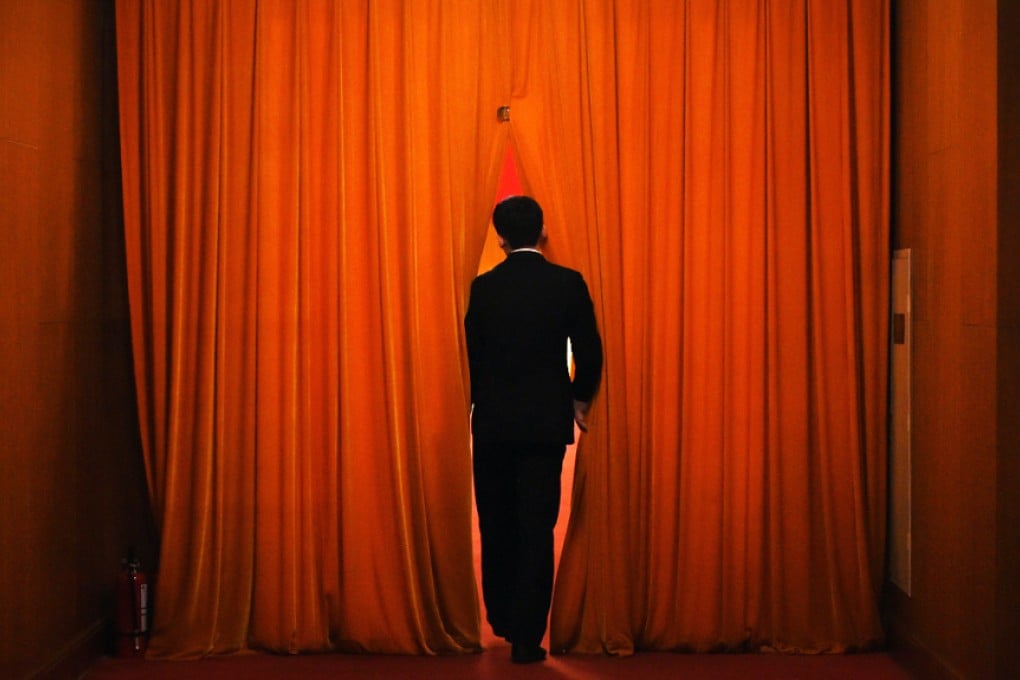Poker faces at China's NPC sessions fail to hide leaders' eroding legitimacy
Lanxin Xiang believes a system of political pluralism, in line with Confucian tradition, is vital

The annual parliamentary gatherings in Beijing were, as usual, a parade of poker-faced who's-who with little substance. In today's digital world, such bland dress rehearsals prompt most Chinese to walk away from their television sets. Instead, they cast anxious eyes on the drama about catching corrupt officials, both "tigers" and "flies".
A poker face is supposed to represent authority and respectability, but it does not work. Despite the public calls for a "cultural restoration", the leadership has yet to learn the traditional political role of rituals and procedures in public events. China is facing its most serious legitimacy crisis since 1949, because, along with widespread moral decay within the Communist Party, its political presentation is so ineffective that the Confucian moral image of the state has been damaged.
Political presentation in traditional China was called li, or rites. Confucius envisioned proper government being guided by the principles of li. He would have been shocked with the shoddy presentation today. Confucius believed governments should place more emphasis on li and rely less on xing, or penal punishment, when they govern.
In Confucian thinking, li performs four major political functions for the state: it determines the closeness or distance in relationships; clarifies ambiguities; discovers common features and differences; and tells what is right from what is wrong.
The Beijing gatherings hardly fulfil these roles. Moreover, li should be practised by all members of society. Those who attended the recent gatherings are not popularly elected and have little connection with whoever they claim to represent. Li requires the superior to treat the inferior with propriety and respect. Opaque ritual procedures and poker faces are, of course, a sign of disdain for the people.
There is little dispute that the current one-party system is responsible for the outstanding economic success of the past decades and it may remain the predominant force in Chinese society for years. However, the party is now facing growing public dissatisfaction with the political elite, and it is increasingly hard for the leadership to inspire confidence.
Premier Li Keqiang's cabinet report contained little that was new. And while the anti-corruption campaign became the hottest topic, the real issue was not addressed at the gathering: how to build a clean government. The biggest danger to the campaign comes not from the cornered and desperate "tigers", but from the undercurrent that could shift popular perceptions: that wealth is merely redistributed from corrupt officials to red princelings.